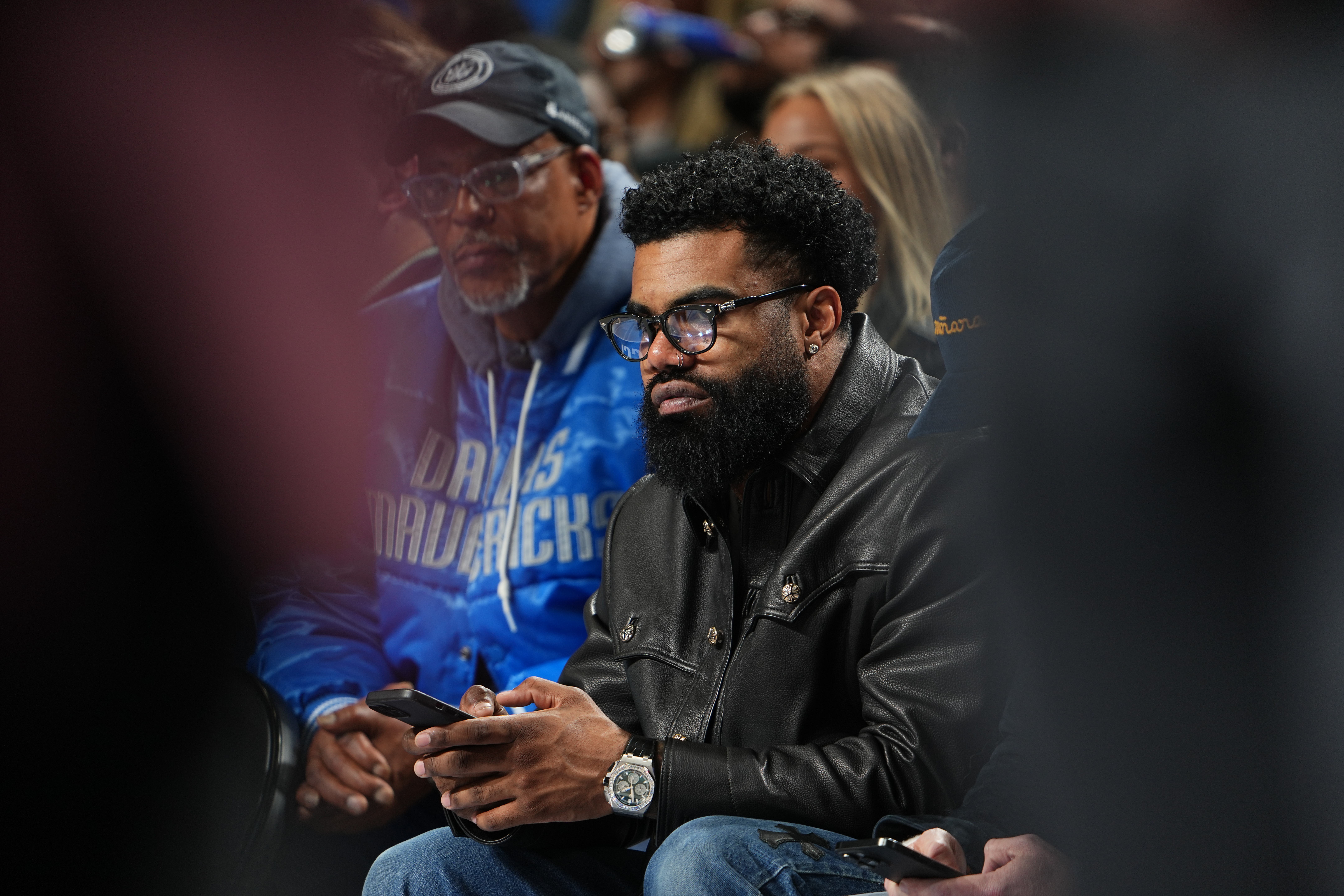Dallas’ notable Margaret Hunt Hill Bridge will be shut down to traffic for up to two hours Saturday morning for a symbolic march called ‘The State of the Black Man.’
“We are protesting our own condition,” said Keio Gamble, founder of The State of The Black Man. “We’re starting the self-assessment and the self-correction movement for our lives and our families and our communities.”
The peaceful march, for Black men of all ages, will reenact the Civil Rights March from Selma to Montgomery, Alabama.
Dallas police will stop vehicle traffic on the Margaret Hunt Hill Bridge from 9 a.m. up to 11 a.m., according to organizers.
Get DFW local news, weather forecasts and entertainment stories to your inbox. Sign up for NBC DFW newsletters.
“Now is the time to take control of our own destiny and hold ourselves accountable,” said Gamble during a press conference outside Dallas City Hall.
The small but impassioned group of community leaders heading the effort say the goal is to take an honest look at issues continuing to face Black men including from poverty and disproportionately high incarceration rates to mental health struggles and housing disparities.
Gamble describes it as a ‘self-assessment and self-correction,’ where solutions will be found within their own.
Local
The latest news from around North Texas.
“A lot of people say you can point the finger at this group of people, point the finger at these politicians, but the message we want to tell Black men today is that it’s not them that’s killing us, it’s us killing us. When I say it’s us killing us, I mean eroding our quality of life.”
Mar Butler is the co-founder of the Black Male Alliance.
“We have sat and watched us lead in all negative categories in quality of life,” said Butler. “I’m looking for the one tomorrow to take the stand, to march with us and say: Who’s going to be willing to say that we can put our own resources together? That we can build our own grocery stores, that we can buy our own land, that we can build our own schools, our own medical facilities and stop looking for the handouts because we are Black men.”
Dr. Latame Phillips is the CEO of Hunger Busters, a nonprofit that feeds about 3,500 students a day, and is also taking part in the movement that plans to one day host a national convention and community forums across the country.
“It’s our time to show people how to own homes, how to invest, how to have their own businesses,” said Phillips.
The biggest challenge these men say they face is a ‘shifting’ of the mindset so that Black males believe in themselves, in each other and believe change is in their hands.
NBC 5 asked Dallas City Councilmember Carolyn King Arnold to comment on the planned march and what the city is doing to improve the lives of Black men specifically.
King Arnold pointed to several “aggressive equity policies,” programs and partnerships focused on underserved communities, including the city’s Workforce Dallas Initiative.
The city has also found strong partnerships with area churches.
“We partner up with Regional Black Contractors, the Black Chamber of Commerce,” she said to name a few.
“While we have these partnerships, ultimately it comes down to that individual person to make sure that they also take the initiative to find out what’s going on.”
King Arnold says something that is often overlooked is the importance of participating in the U.S. Census.
“When you don’t count, then you don’t count,” she said.
The federal funding that comes from the most up-to-date information on the city’s population and household information is vital in boosting programs helping underserved communities dig their way out of poverty, said King Arnold.
The longtime councilmember stresses the importance of getting involved and learning about the many local programs available to those who need help.
“We’re using tax dollars to provide these programs,” she said. “So when you have the bond program, the budget coming forth, these are dollars that are here for us to use but we have to be present so that’s why it becomes important to come to the council meeting, to come to the county meeting, to be a part of the conversation and not just wait for others to do for you that which you should be doing for yourself.”
The State of the Black Man hopes to see crowds of 500 or more.
“The women and children will wait for us at the end because symbolically, that’s what’s happening anyway,” said Gamble. “The women and children are waiting for the Black men of this world to unite and be the force of change we need.”
Resources related to mental health, housing, workforce and more will be provided following the march.



